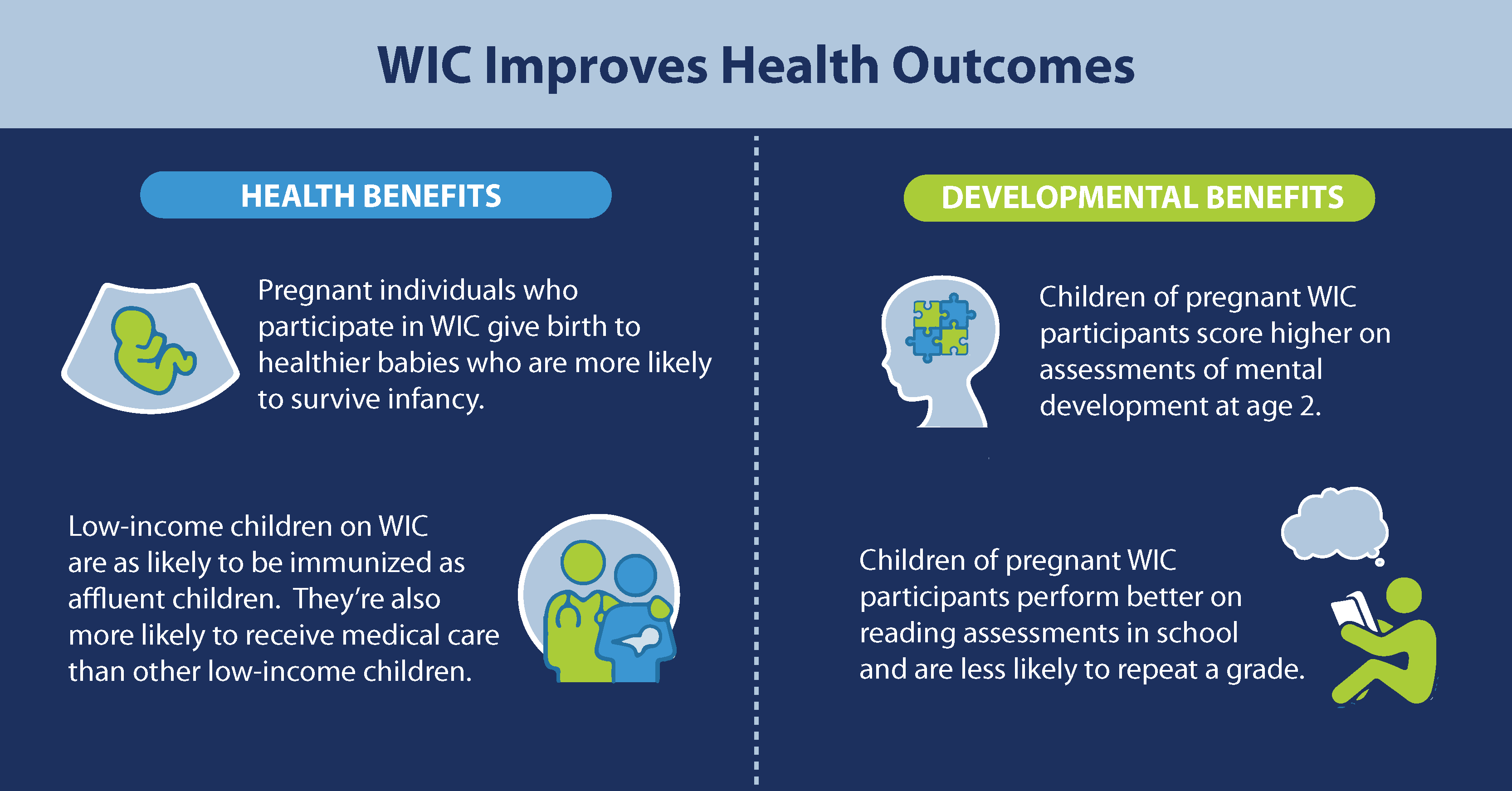Over the past decade, the share of eligible families participating in WIC has fallen. WIC is an important program because it supports healthier pregnancies, improves birth outcomes, and improves child health and cognitive development for low-income families. Enrolling more Medicaid and SNAP participants in WIC is one way to help reverse this trend while also improving the diets and health of those families.

In partnership with the Center on Budget and Policy Priorities (CBPP), Benefits Data Trust (BDT) is proud to release our latest report — Matching Data Across Programs Can Increase WIC Enrollment — which draws on the experience of four state pilots to illustrate how data-driven outreach can improve WIC access and strengthen cross-program enrollment. In the report, we outline key considerations for establishing the data sharing agreements needed for states to get started with their own data-driven outreach initiatives.
What’s Next?
BDT is continuing to collaborate with CBPP on projects to promote increased access to WIC. We will release another joint report later this spring with key considerations for states developing and launching a new targeted text outreach campaign.
In addition, we have joined forces to facilitate a series of closed workshops for a small group of states that are currently exploring how they can leverage Medicaid and SNAP data for targeted WIC outreach. As we conclude this project, we expect to release a public toolkit in the fall with key resources and learnings from the workshops for states preparing to launch or expand data matching and targeted text-based WIC outreach initiatives.
To learn more about how data sharing can help bolster cross-program enrollment, view the report here.
This report was made possible through collaboration with the Center on Budget and Policy Priorities (CBPP) as well as support from the Walmart Foundation. The findings, conclusions and recommendations presented in this report are those of Benefits Data Trust and CBPP alone, and do not necessarily reflect the opinions of the Walmart Foundation.
